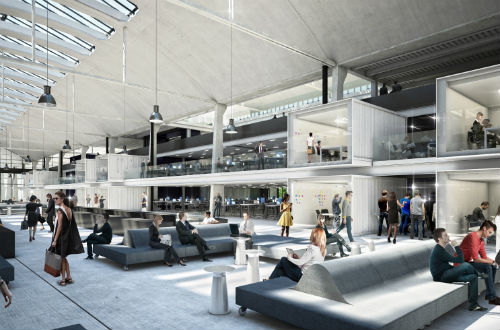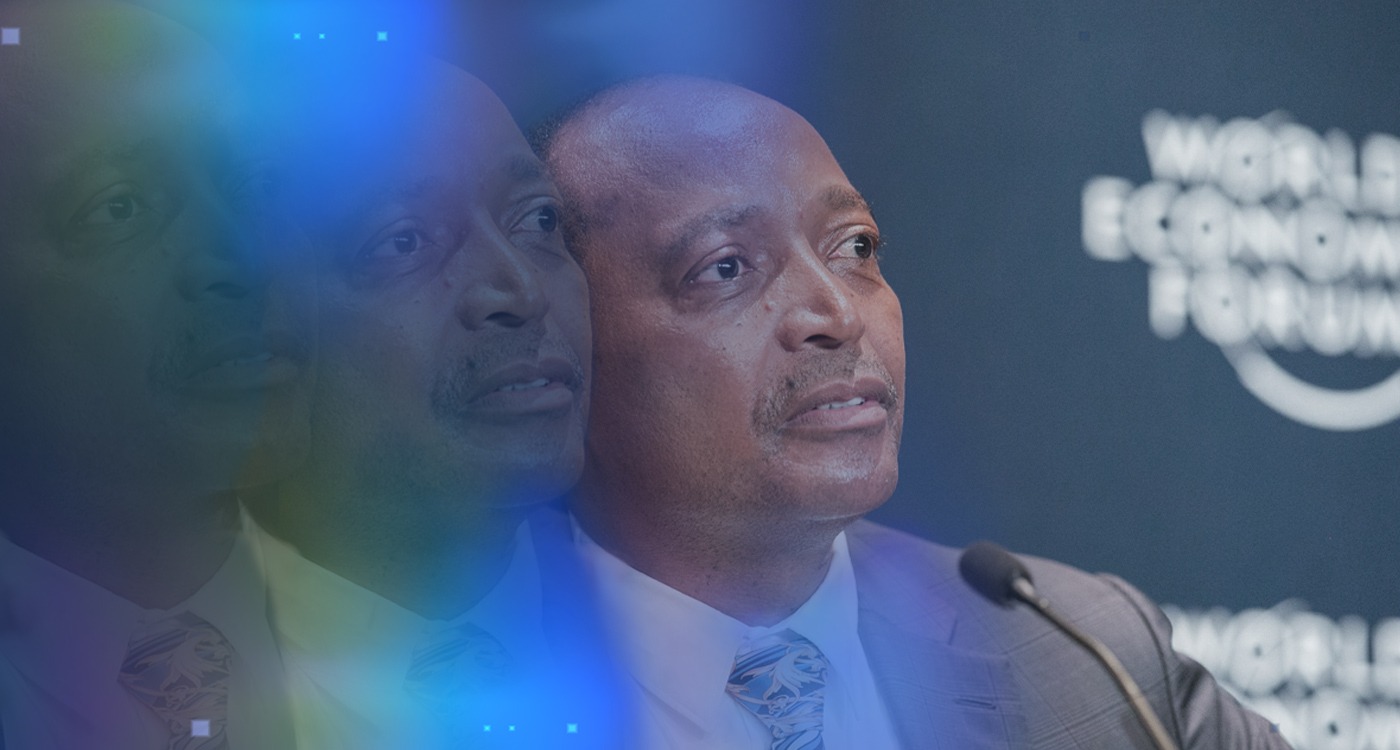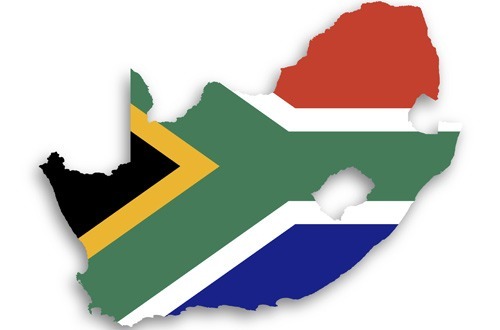
Paris has taken a step closer to fulfilling its ambition of becoming Europe’s technology capital with Station F, the world’s largest startup incubator on the banks of the Seine.
The 34,000 square metre (366,000 square foot) facility, which entirely fills an old railway depot, is being bankrolled by billionaire Xavier Niel, who revolutionised the French internet and mobile market with his low-cost service and is now on a crusade to put French technology on the map.
The cavernous concrete and glass hub, which aims to house up to 1,000 startups, will be a “very visible place that creates a strong image for Paris”, Niel told AFP. “The idea is to create a place that acts like a beacon and helps others,” he added.
Station F is situated in the fast-changing 13th district – an airy neighbourhood of modern high-rises, shops, and cinemas that is home to the national library.
The space has been designed to create the feel of an American college campus, with entrepreneurs paying 195 euros ($221) a month for a spot in the hub, which is divided into three areas: “create”, “share” and “chill”.
The incubator is the biggest of around 40 that have sprung up in the French capital, which is competing with London and Berlin for the title of Europe’s technology leader.
Facebook, Amazon, and Microsoft have already come onboard Station F, to mentor the startups. (via AFP)
Bright Ideas At The 10th SA Innovation Summit
The SA Innovation Summit has grown exponentially from hosting 70 people at its first event in 2007, to a massive gathering which was attended by 3500 people from 19 countries last year. Now in its tenth year, the SA Innovation Summit is set to grow even bigger, with 21 African countries already interested in participating and a stellar line-up of speakers booked.
The theme for this year is ‘Innovation Revolution’. SA Innovation Summit Chairman, Audrey Verhaeghe says, “We are standing at the cusp of the fourth Industrial Revolution and the tech entrepreneur is central to future economic growth, innovation and change. Big business and policy makers cannot miss this important opportunity to engage entrepreneurs as they think creatively and strategically about solutions for our future.”
The first two days of the Summit, 6 to 7 September 2017, will offer a host of international and local speakers at Plenary sessions, including Founder and CEO of AngelHack, Sabeen Ali and Ran Neu-Ner, Co-CEO of The Creative Counsel. This will be followed by Breakaway sessions where conversations will centre around six core tracts; FinTech, BioTech, AgriTech, EduTech, Cities of the Future and Space (including big data, artificial intelligence and robotics). Participants can also look forward to business match making opportunities, round table discussions and demonstrations.
On the final day of the Summit, 8 September 2017, delegates will travel by bus around Cape Town on an Innovation Ecosystem Tour, where they will visit workshops, incubators and startup communities for an inside perspective into the practical aspects of innovation.
The Summit will once again include a Pitching Den, Inventors Garage, Hackathon and CEO Panel Debate, all providing unique opportunities for great ideas to be shared and taken from concept to market. This year’s Market on the Edge, is dedicated to the youth, with schools showcasing their entrepreneurial talent.
Tickets for the SA Innovation Summit can be purchased online at www.innovationsummit.co.za.
Regional Value-chains Key To Successful Intra-African Trade, Afreximbank Hears
Rwanda’s Minister of Finance and Economic Planning, Claver Gatete, has called for the building of regional value-chains in a bid to boost intra-African trade, saying that they have the potential to generate enormous benefits for African economies.
“The creation of regional value chains in Africa along several product lines could ease the integration of African economies into global value chains,” Gatete said.
“In this context, ongoing efforts to deepen regional economic blocs within Africa offers tremendous opportunities to draw on economies of scale to transcend the natural and environmental constraints imposed by geography.”
Gatete was speaking during the seminars of the African Export-Import Bank (Afreximbank) Advisory Group on Trade Finance and Export Development in Africa.
Afreximbank is holding a four-day long Annual General Meeting in Kigali, Rwanda.
Gatete said that although African trade had witnessed growth, especially over the last two decades, rising from $210 billion in 1996 to $1.2 trillion in 2015, its share of global trade had barely changed, remaining at about 15 percent, compared to 67 percent in Europe, 53 percent in developing Asia and about 37 percent in America.
Denys Denya — Afreximbank’s executive vice president in charge of finance, administration and banking services — said that the success achieved by countries like China and Korea, and the critical role played by intra-regional trade in their development, presented Africa with valuable lessons for positioning intra-African trade as a key pillar for economic growth, and sustainable development.
“Africa’s progress toward economic development and structural transformation had been hindered by over-reliance on export of natural resources and primary commodities and a deficit of export diversification which limited the ability of countries to effectively develop regional value chains to enhance their integration into global value chains,” Denya said.
Denya said there was the challenge posed to Africa by the small size of economies and market fragmentation. (via African News Agency)






